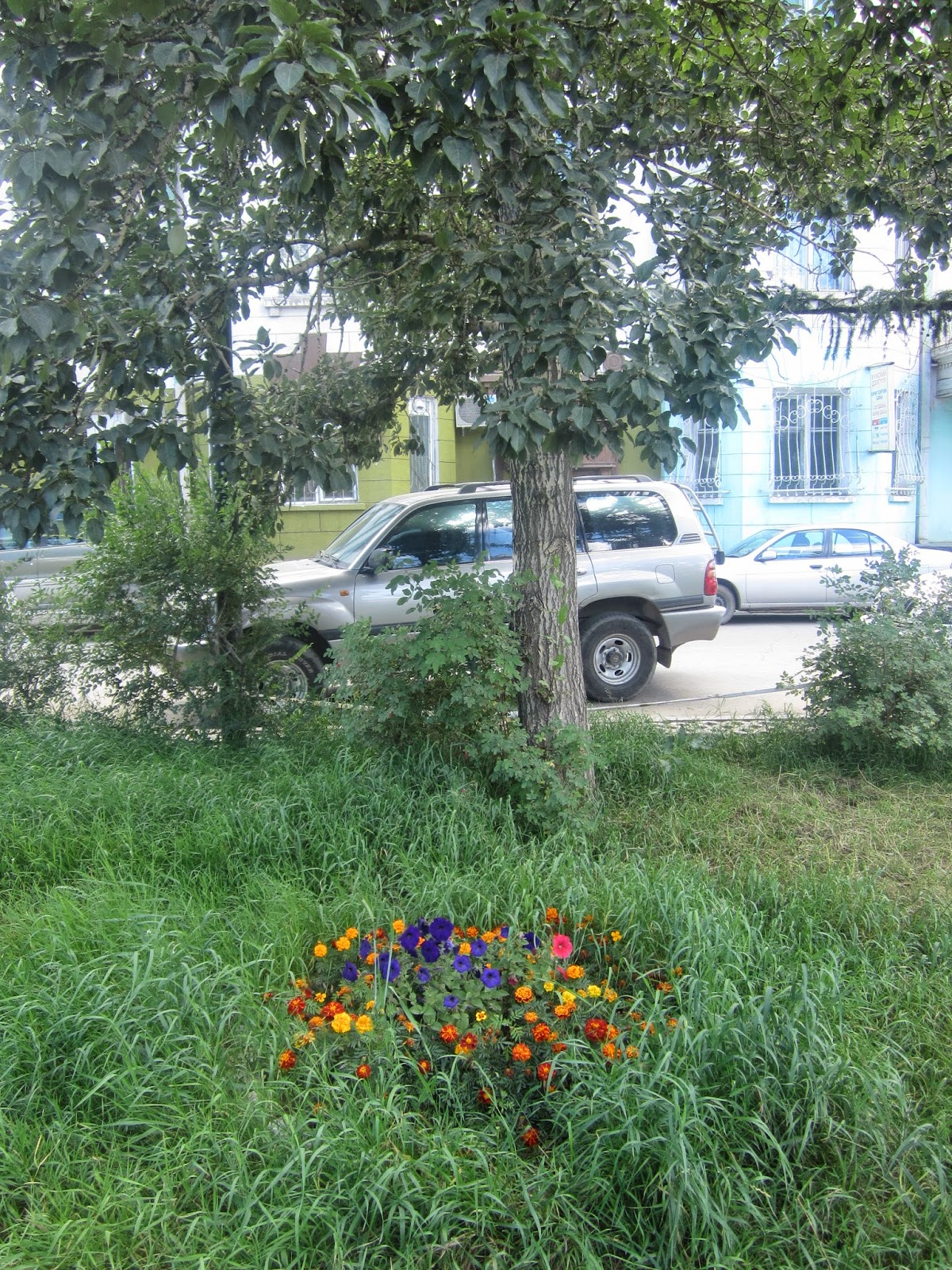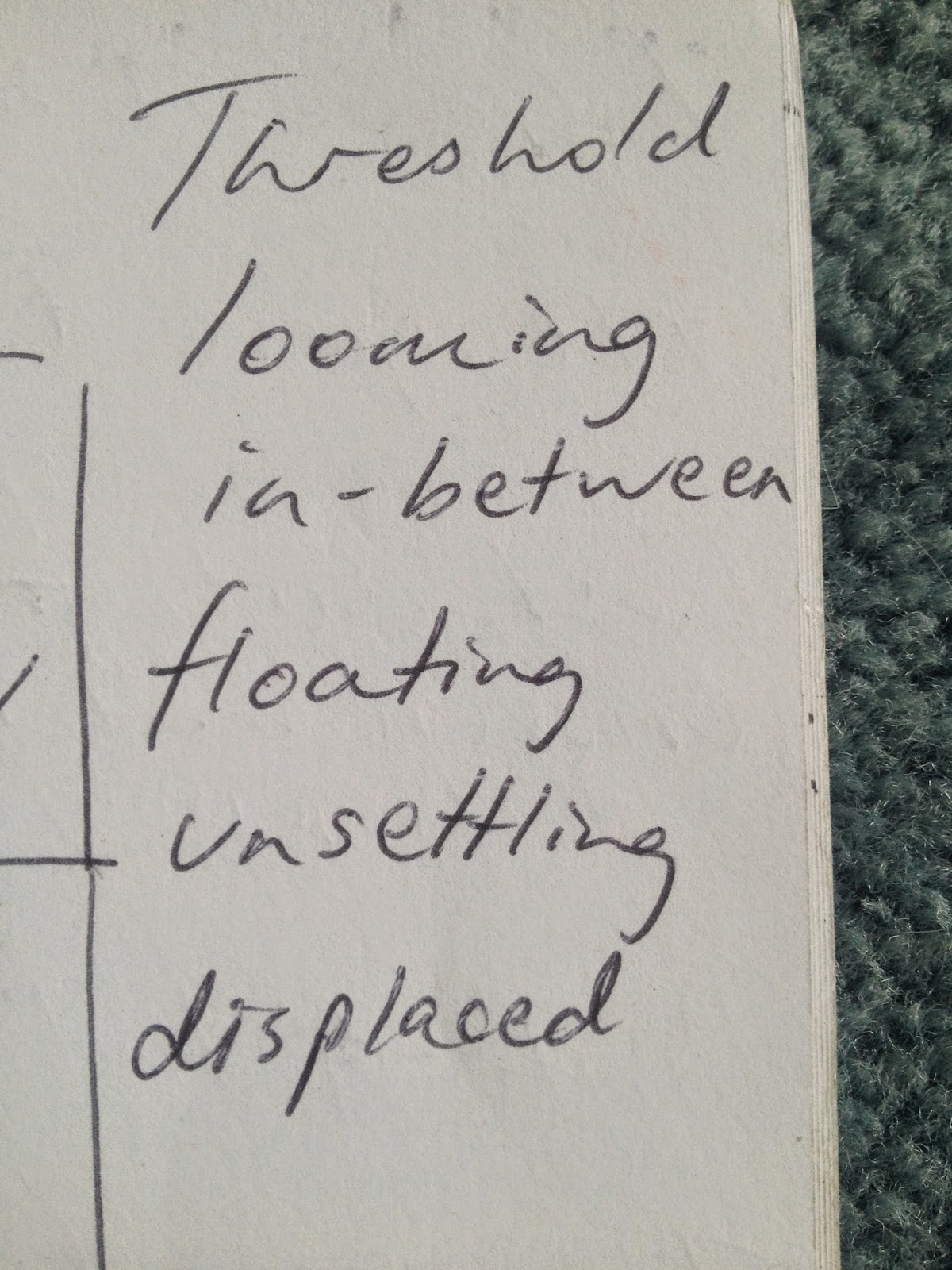The nature of my practice - being so small and subtle, and very much reliant on site, time, and setting a physical challenge for myself - has generally made it hard it hard for me to think about how I can work in such a way with other people.
Or at least, I've never quite reached the head space in which to allow it to happen.
In the past year or so though, this has slowly been changing:
First with Steve Wilson on a chalk work tracking the sunshine as it moved across a stairwell (above), and most recently (and more significantly) with Henry Jock Walker.
Having known each other for years, and having practices which would appear to be total opposites from one another, we have only just found a common ground from which to make work together and I'm excited by where it is headed.
Beginning in part with a week long discussion about rainbows and terrible weather as we drove around Tasmania last year, it has evolved into a whole series of projects that I feel we are only at the beginning of exploring.
This was the first - an intervention using food colouring to create a rainbow waterfall we found on the side of the road.
Mostly we have been combining Henry's experimental painting techniques with my rainbow colours:
'Rainblow' (seen in the background) made by blasting paint onto a wall with a leaf blower; and 'Rainflow' (seen in process in the foreground) made by freezing paint mixed with water and allowing it to melt and drip over a stack of canvases.
But unlike Claire's experiences we aren't always working equally on each piece. Sometimes it is a matter of taking elements of each others practices and working with that in some way. I have especially been fascinated with the surfing side of his practice and have taken rubbings of the surface of his board in oil pastel and combined crayon with surf wax to create a drawing tool (initially intended to be used on a board but we haven't quite got that far yet). In these instances the collaborative nature is less obvious perhaps - it could appear to be just my work - but despite the lack of direct input from Henry in the making I still consider it partly his.
I think that I see it as an intervention into his way of working, treating his processes or his outcomes as a site in which to play with. Adding the remainder of the rainbow to his orange and blue.
What I have enjoyed most about this is the way it pushes me to think outside the way I usually would, not limited by the rules and restrictions and concepts I put myself under usually. It's been nice to further understand the way Henry makes work, how he approaches it, the exploration of the process rather than the final outcome. And there has been a certain freedom I suppose in the brain expansion. Although I take it just as seriously as I would if it were my own work, I don't put myself under quite as much pressure as I normally would - it's been good to leave myself open to someone else's ideas and materials and work through the struggles I might have with working with them.
I have plans later this year to work with a ceramicist too - breaking and repairing pots I think - so I'm excited to jump back into the 'mud club' again and see what I can do with some clay.
And working with Claire - thats exciting too. However we can make that happen from opposite sides of the world.


.jpg)





